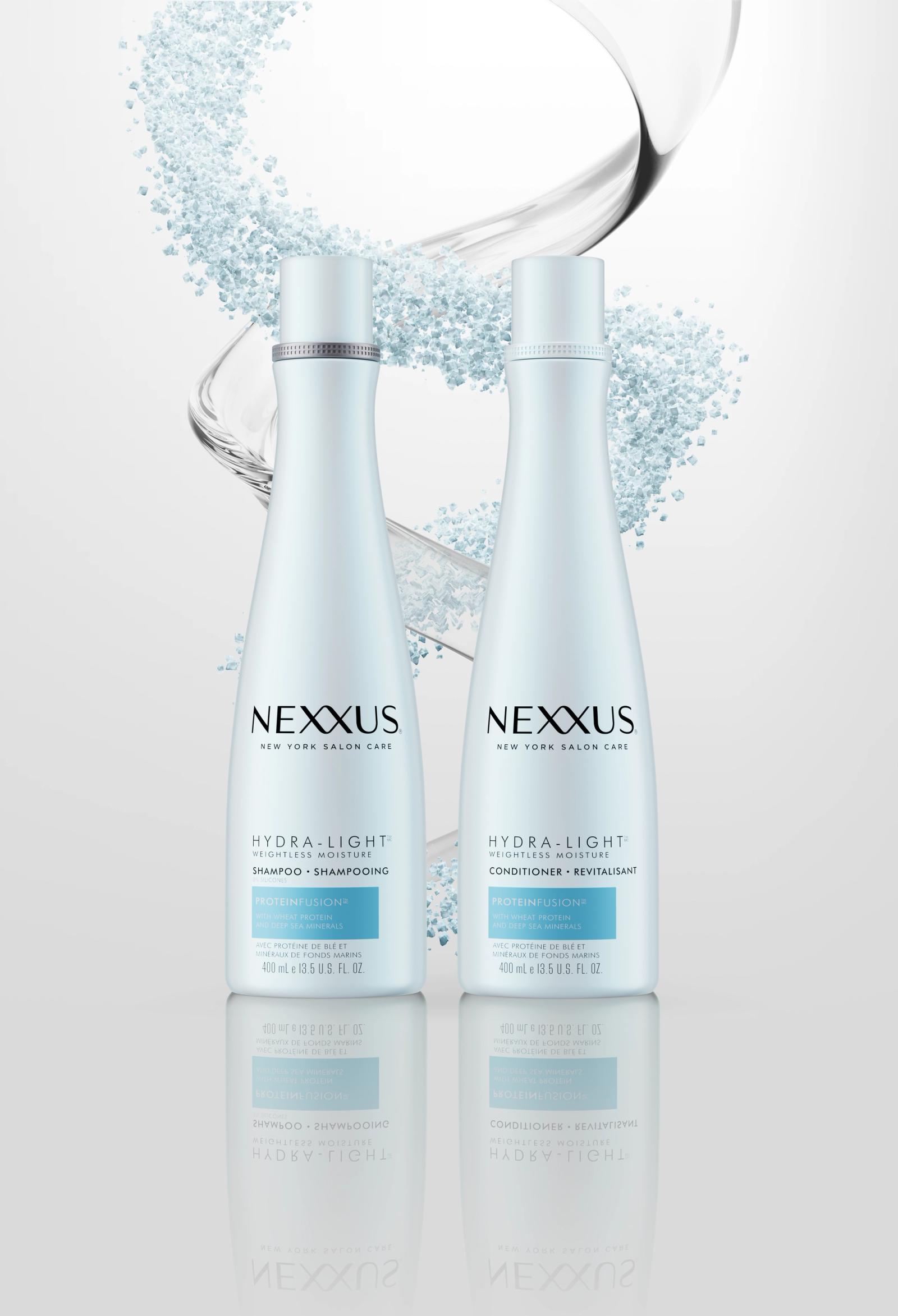Greasy Hair, Do Care: Your Guide to How to Treat a Dry Oily Scalp
If you suffer from an oily scalp and greasy hair, you’re definitely not alone. Men and women all over the world struggle with slippery locks and sleek hair no matter how often they shampoo! But now’s the time to stand up and say ‘no more’ to excess oils, and we’re here to tell you how with our greasy scalp guide.
What causes a greasy scalp?
A lot of people suffer from oily scalps and greasy hair, and it isn’t a pleasant problem. If you’re looking to turn the tide on your excess oils, you first need to look at the causes to make sure you’re not making the problem worse. Take a look at the most common reasons for greasy scalp:
- Over-washing (especially if you have a dry, oily scalp or an oily scalp with dry ends)
- Using the wrong products on a greasy scalp
- Your diet can turn your scalp greasy
- Hormonal changes can leady to a dry oily scalp
- Genetics
- Skin conditions (such as seborrheic dermatitis, also known as dandruff)
Now that you know what could be causing your oily scalp, it’s time to start fixing the problem! There are plenty of different tips and tricks for how to treat an oily scalp, and we’ve rounded up the best ones just for you.
Can you Have an Oily Scalp and Dry Hair?
While an oily scalp typically goes with greasy hair, that doesn’t mean that other hair types can’t experience this same concern. If you’ve thought that the oily scalp dry hair myth is a simple misconception, think again. Just like your skin, you can have a combination of hair types. Hence, why it's important to lock down the right hair-care regimen for a happy and healthy-looking scalp.
How to deal with an oily scalp: Choose the right products
The right products are a must when you’re dealing with excess oils. If you use nourishing shampoos and conditioners that are quite heavy, you’re going to be adding to your problem and weighing your hair down. At the same time, consistently using clarifying products can strip your hair of too much oil, causing it to start producing even more than you started with!
For the right balance, choose gentle, lightweight products that are designed for oily hair. Nexxus Hydra-light Weightless Shampoo and Weightless Conditioner are both fantastic choices. They’re designed with oily scalps in mind, hydrating thirsty locks without weighing down your hair.

Avoid over-washing
An important lesson when learning how to treat a greasy scalp is to never over-wash your hair. It might be tempting to scrub it clean every day to avoid that slick, oily look, but this is only going to make it worse! In fact, the more frequently you clean your hair, the more oil it’s going to produce.
Try adding an extra day in between hair washes. Opt for an up-do to hide greasy strands or invest in a quality dry shampoo to freshen up on your no-wash days.
Oil scalp, dry ends? Try home remedies
A great home remedy for a dry, oily scalp is apple cider vinegar. While you might be using this for cooking and probably haven’t thought about soaking your hair in it before, trust us when we say, it works wonders! Apple cider vinegar can restore the pH balance of your scalp, remove product and oil build-up, and leave your hair soft and shiny without the oil. Here’s how to do a rinse at home:
- Add up to 3 tablespoons of apple cider vinegar to a jug of water.
- Pour the mixture over your hair after shampooing and massage into your scalp.
- Leave to sit for a few minutes before rinsing out.
Apple cider vinegar is a great way to maintain scalp health, which you can find out more about in our article on How to Take Care of Your Scalp.
A greasy scalp is no laughing matter. But with these solutions, you should be able to reduce some of the oils your head seems to insist on producing to get fuller, thicker, and cleaner locks. If you suffer from a dry but oily scalp, make sure to take a look at our article How to Treat Dry Scalp for more helpful tips.
xx, Nexxus